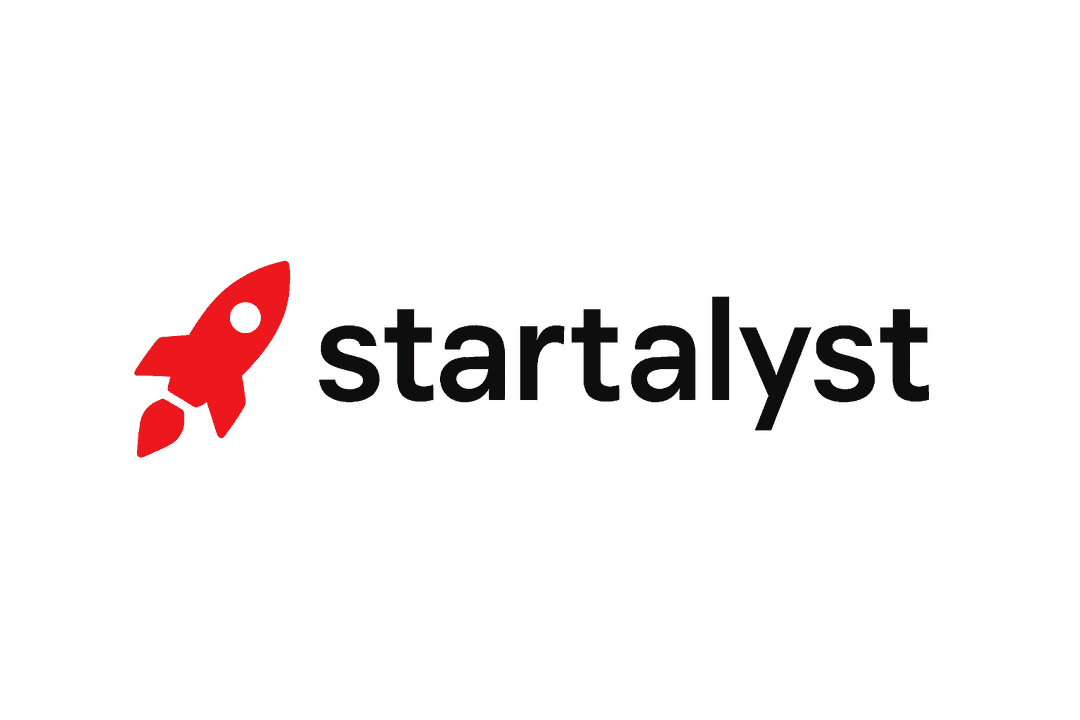Halal Business Ideas Starter Guide
How to Get the Best Results
Focus on real demand in the local Muslim community and on practical compliance with halal rules rather than big ideas that look good on paper. Start small, test at a market or mosque event, and iterate your product and messaging based on direct feedback.
Pay attention to sourcing, transparent ingredient lists, and clear claims about certification or traceability, because trust is the single biggest differentiator for halal business ideas.
Step 1 — Who are you?
Pick the descriptions that match your background so you can pick halal business ideas that fit what you already do well.
- Home cook — recipe development — You can turn family recipes into a halal meal subscription that builds trust through consistent flavors.
- Restaurant server — customer service — You can run a halal pop-up that uses strong front of house habits to get repeat customers.
- Retail manager — inventory management — You can open a small halal grocery or online shop without overstocking perishable items.
- Farmer or butcher — animal welfare — You can supply certified halal meat with documented humane handling to niche buyers.
- Food scientist — food safety — You can formulate shelf stable halal snacks that meet both religious and regulatory standards.
- Fashion designer — garment construction — You can create modest clothing lines that use ethical fabrics and clear sizing to attract Muslim shoppers.
- Event planner — logistics — You can produce halal-friendly events and catering packages for Ramadan and Eid gatherings.
- Marketer — digital advertising — You can grow a halal brand quickly by targeting community channels and cultural moments.
- Teacher or coach — curriculum design — You can package halal lifestyle or nutrition classes for community centers and schools.
Step 2 — Add interests & skills
List skills and interests so the generator can match them to practical halal business ideas that play to your strengths.
- Halal sourcing You can verify ingredients and negotiate with suppliers to guarantee religious compliance.
- Packaging design You can make halal products look premium and communicate certification clearly on labels.
- Social media marketing You can tell the halal story and reach young Muslim consumers on Instagram and TikTok.
- E-commerce You can sell halal foods and modest fashion to customers beyond your immediate neighborhood.
- Food photography You can present halal dishes attractively to increase click through and orders.
- Event catering You can build a calendar business around Ramadan iftar and Eid parties for families and organizations.
- Quality assurance You can document processes that reassure customers and speed up halal certification.
- Public speaking You can run workshops on halal nutrition or small business basics at mosques and community centers.
- Accounting You can structure pricing and zakat-friendly records that make finance transparent and compliant.
- Food preservation You can extend shelf life of halal sauces and snacks to sell in wider markets.
- Modest fashion styling You can curate capsule wardrobes that appeal to busy Muslim professionals.
- Translation You can reach non-English speaking customers with product information and marketing.
- Local networking You can partner with mosques and halal certifiers to accelerate trust and distribution.
- Sustainability practices You can position halal products as ethical and environmentally friendly to capture conscious buyers.
Step 3 — Set available capital
How much you can invest shapes which halal business ideas are realistic. Choose the bracket that matches your available cash and be honest about covering a few months of operating costs.
- ≤$200 You can start with low cost tests like selling homemade halal baked goods at a community market or offering meal prep to neighbors.
- $200–$1000 You can buy basic packaging, small inventories, a simple website, and certification consultations to launch a modest halal product line.
- $1000+ You can rent kitchen space, invest in halal certification, and run a targeted advertising campaign for a larger halal food or fashion launch.
Step 4 — Choose weekly hours
Be realistic about the time you can commit each week so recommendations match your life schedule and scaling potential.
- Mornings 5–10 hours You can manage production for a small halal meal prep service and handle deliveries before lunch.
- Evenings 6–12 hours You can operate online sales, customer support, and social media growth after a daytime job.
- Flexible weekends You can test products at bazaars and mosque events where community traffic is highest.
Interpreting your results
- Recommendations will balance your background, skills, budget, and hours to suggest halal business ideas that are practical now and scalable later.
- Look for ideas that minimize risky upfront costs and maximize trust signals like transparent sourcing and certification steps.
- Prioritize options that hit cultural moments such as Ramadan, Eid, and back to school, because those increase demand predictably.
- Use community feedback as your primary metric: preorders, waitlists, and event sign ups are better validation than likes alone.
- If multiple options look similar, pick the one you can deliver reliably this month and plan the next six months around steady growth rather than a fast launch.
Use the generator above to refine your inputs, swap skills, adjust capital, and get a fresh list of halal business ideas tailored to your situation.
